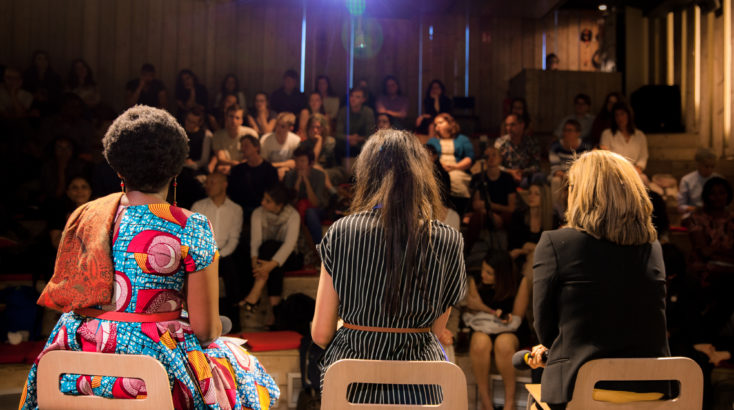
DIALOGUE – In the framework of International Women’s Day, HagueTalks will focus on advocating equality and justice for women. Three women judges from Middle Eastern countries will join us and share their journey of becoming the very first female judges in their respective countries.
Across the MENA region women have been making significant progress towards achieving equal rights on different levels. However, progress in a region that faces continuous instability can be challenging. Therefore, different actors and parties are needed to ensure and enhance gender equality.
How do these female judges contribute to empowering women? How do they stand up for gender equality in this difficult region? And how to they work to create a more just society in their countries? Join the dialogue as the judges share personal stories and get inspired by their strong anecdotes.
About the speakers
Omnia Taher Gadalla is an assistant lecturer at the Faculty of Low and Sharia at Al-Azhar University in Egypt. Gadalla strives to lift the legal ban that prevents women from becoming judger in her country.
Sewar Alrashdan is a Jordanian judge at the Amman Magistrates’ Court and one of the few female judges in the country. Sewar aims to increase the support for female judges as well as women in leadership positions.
Nigar Ahmed Mohammad is one of the very first women to become a female judge in the Kurdistan region of Iraq. As one of the few female judges in her city, Nigar has to overcome prejudices and obstacles that female are confronted with continuously in Iraq.
Janet Anderson is the moderator of this event. She is an experienced media professional and manager of Justice Hub, where she engages young people in discussions about international justice. Janet is a seasoned HagueTalks contributor and provides refreshing assessments and statements on moving forward.
Entrance is free, reservations are mandatory because of limited available seats.
Van 10 maart om 19:30 t/m
